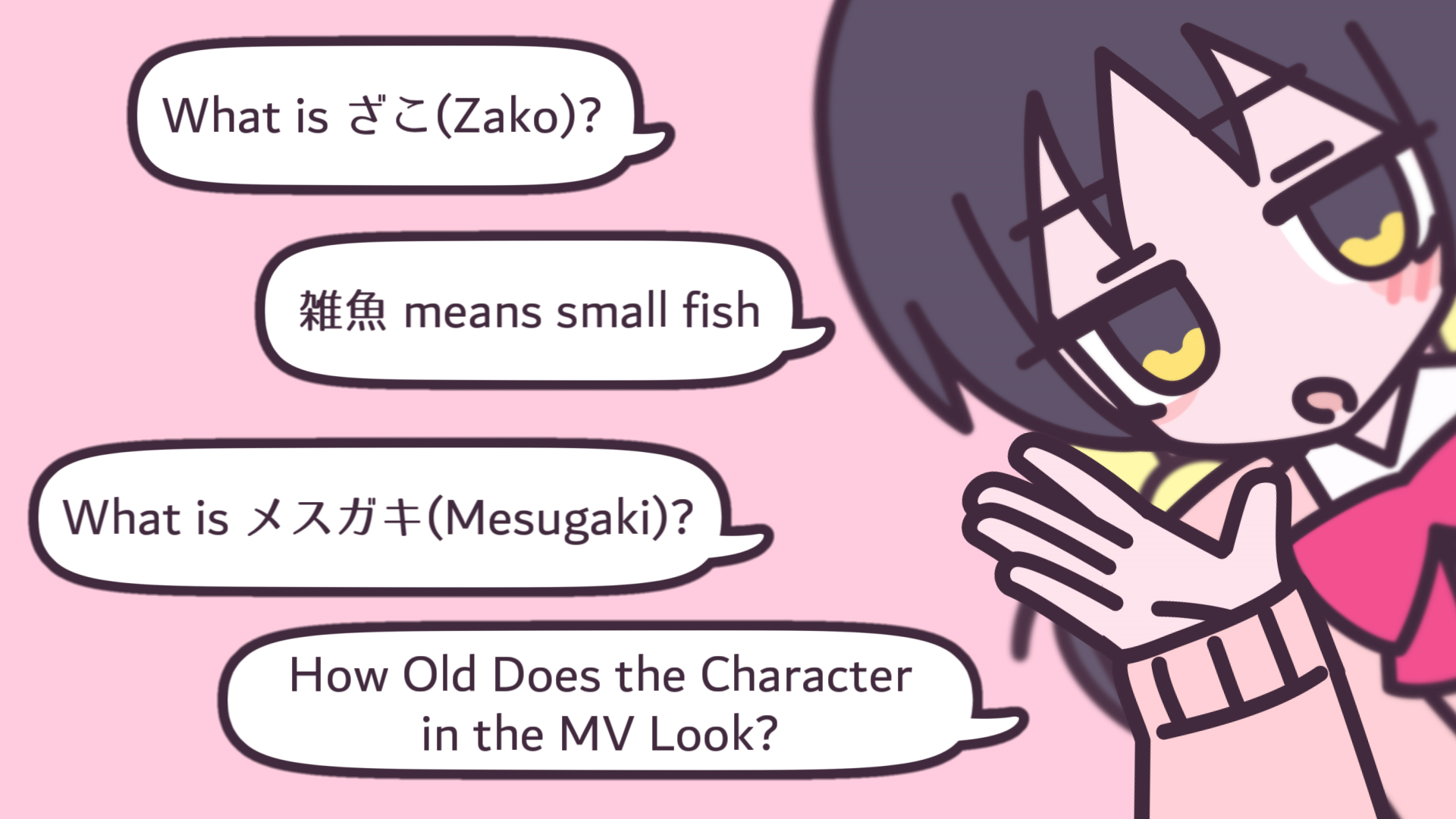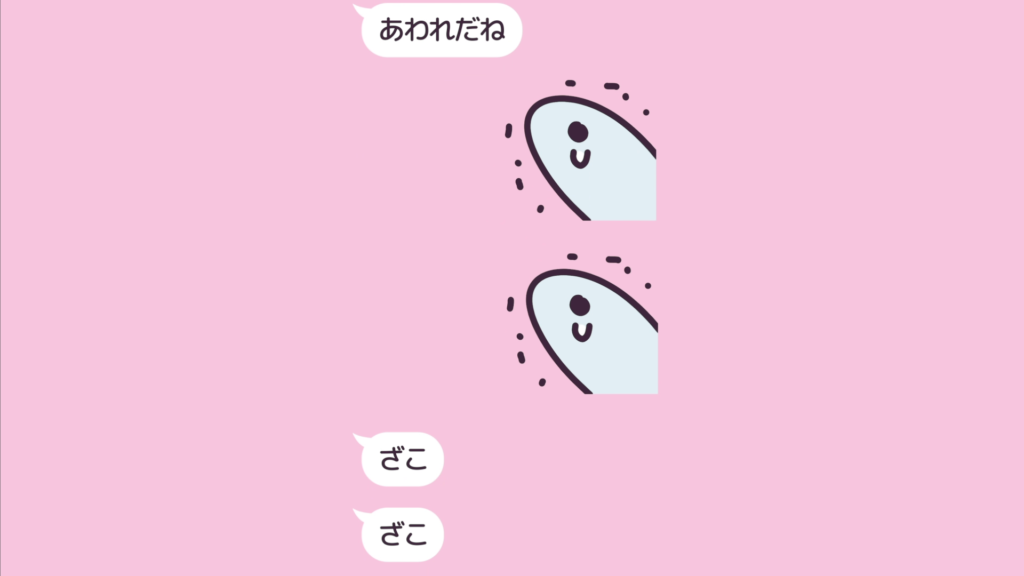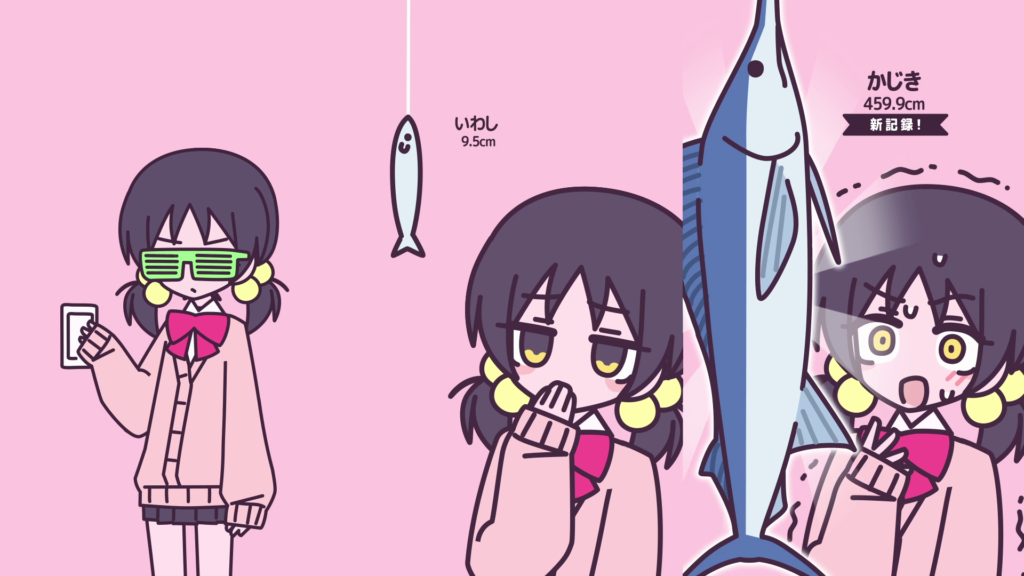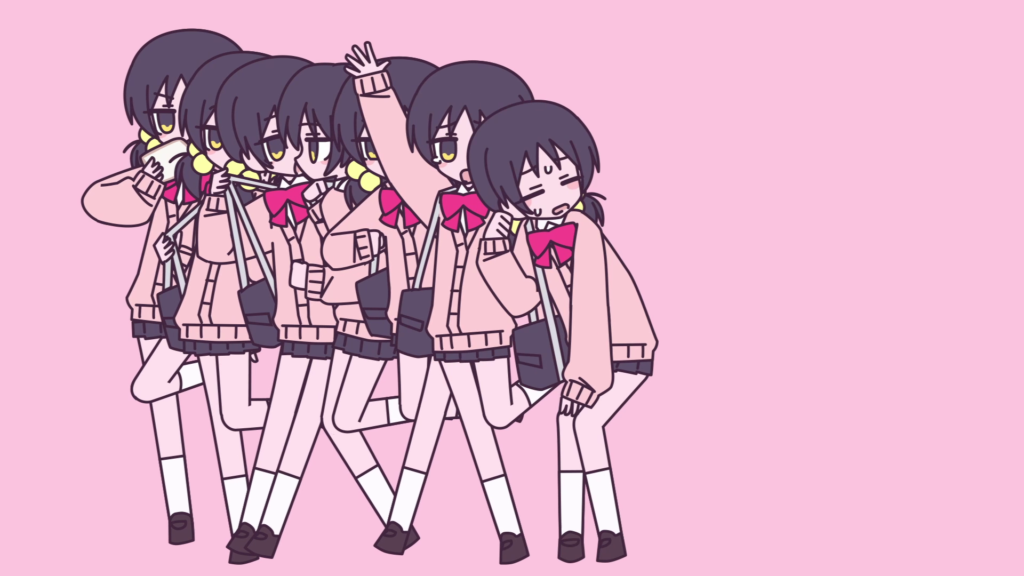
Hello, I am a Japanese Vocaloid listener.
Recently, Vocaloid producer Hiiragi Magnetite-san released a new song titled “ざぁこ (Zaako),” which has sparked discussions not only among Japanese listeners but also among overseas listeners.
この度は新曲「ざぁこ」を見ていただき、また多数のご意見をいただき誠にありがとうございます。
— 柊マグネタイト (@hiiragi_magne) February 9, 2025
本楽曲ではVOCALOIDの歌愛ユキを起用した内容としては、歌詞・描写に不適切な表現が含まれているとのご指摘を受け、様々なご意見を頂戴しました。…
Japanese can be confusing for foreigners, so I'm going to give it in English. (The translator was used)
— CAST (@x_cast_x) February 11, 2025
It's true that the music video is a bit sensationalized, but I want to make it clear that this MV is in no way meant to be pedophilic.
For this MV, I wanted to create a… https://t.co/B6q4oMzRqj
Although this video has now been deleted, the lyrics and MV incorporate Japanese memes that may be difficult for overseas listeners to fully grasp through translation.
So today, I would like to explain how the lyrics and MV of “ざぁこ (Zaako)” are interpreted from a Japanese perspective.
What is ざこ (Zako)?
The word “ざこ (Zako)” is a Japanese slang term used to refer to a weak opponent or someone insignificant. It is often used to look down on or mock someone.
For example, if you win an online competitive game, you might say “ざこ (Zako)” to ridicule your defeated opponent.
What is ざぁこ (Zaako)?
The title word “ざぁこ (Zaako)” is a variation of “ざこ (Zako)” and essentially has the same meaning.
Compared to “ざこ (Zako),” “ざぁこ (Zaako)” has a more teasing tone and conveys a playful yet mocking tone, like a child teasing someone.
The Meaning of the Fish in the MV
The word “ざこ (Zako)” is written in kanji as “雑魚,” which literally means “small, low-value fish.”

A notable aspect of the MV is the wordplay linking “ざこ (Zako)” as an insult to the appearance of small fish (雑魚) in the video.

In Japan, fish do not have any sexual connotations.
However, as in many countries, elongated objects can sometimes be used as a metaphor for the male genitalia.
In the MV, the act of mocking small fish and reacting with surprise to a large fish might remind viewers familiar with Mesugaki content of such associations.
On the other hand, measuring the size of a caught fish is a common practice.
Similar to the wordplay with 雑魚, this depiction might have been intended to carry both meanings.
What is メスガキ (Mesugaki)?
This song as a whole seems to be built around the concept of “メスガキ (Mesugaki).”
“メスガキ (Mesugaki)” is a combination of the words “メス (Mesu)” and “ガキ (Gaki),” each with the following meanings:
- “メス (Mesu)”: A biological term referring to a female, mostly used for animals or insects rather than humans. When applied to humans, it carries a derogatory nuance.
- “ガキ (Gaki)”: Means “child,” but specifically refers to a “sassy, insolent child.” It is often used to scold children or refer to ill-mannered behavior. It can also be used for adults who act immaturely, such as saying “You’re such a Gaki” to criticize someone’s behavior.
Both words have derogatory connotations, but when combined as “メスガキ (Mesugaki),” the individual meanings fade, and it simply becomes a term describing a “cheeky, bratty girl.”
It is rarely used to describe real people and is mostly used for fictional characters.
The concept of “メスガキ (Mesugaki)” is mainly known through internet culture and is not commonly used in daily conversation in Japan.
While internet users would recognize it as a meme, people who are not familiar with internet culture might not know the term.
メスガキ(Mesugaki) in Fiction
“メスガキ (Mesugaki)” frequently appears in fictional works. Originally, it was often found in adult-oriented media aimed at men, but nowadays, it is also used in non-adult contexts as a simple character trait.
Similar to how terms like “Tsundere” describe specific personality archetypes, “Mesugaki” is recognized as a character attribute.
This song does not seem to be intended as explicit content but rather as a depiction of a character with a provocative attitude.
In fictional stories, mesugaki characters often act provocatively and cheekily toward older individuals (typically men).
The term “ざぁこ (Zaako)” is commonly used by such characters to insult their opponents.
Other lines in the lyrics, such as “超キモいんだけど (Chou kimoi n dakedo) (That’s super gross),” “くやしい? (Kuyashii?) (Are you frustrated?),” and “よわよわ (Yowayowa) (Weakling),” also serve as ways to mock the opponent.
The Meaning of 変態 (Hentai) in Japan
Overseas, the term “Hentai” seems to be widely used to refer to Japanese adult content. However, in Japan, this meaning does not exist.
In standard Japanese usage, 変態 (Hentai) means “metamorphosis,” like a butterfly transforming from a chrysalis.
It can also mean “being unusual or different from the norm” and “sexual deviance.”
変態 (Hentai) is often used playfully to tease someone, and calling a close friend “Hentai!” is usually taken as a joke.
In romantic comedy stories, heroines often use “Hentai!” as a playful insult toward the protagonist.
In this song, the word “変態 (Hentai)” is used in a similar way to “ざこ (Zako),” as a mild insult.
How Old Does the Character in the MV Look?
In Japan, schools are mainly divided into:
- Elementary School (ages 6-12)
- Junior High School (ages 13-15)
- High School (ages 16-18)
While it varies by school, junior high and high school students typically wear uniforms, whereas elementary school students usually wear casual clothes (the same type of clothing they would wear on weekends).

Since the character in the MV is wearing a uniform, they do not appear to be an elementary school student.
Additionally, the pink cardigan suggests a more relaxed dress code, which is more common among high school students.
Although the Vocaloid character 歌愛ユキ(Kaai Yuki) is canonically 9 years old, the illustrated character in the MV does not resemble an elementary schooler.
If you show this character to someone unfamiliar with Kaai Yuki, they would likely estimate her age to be around 15-18.
Overall: Does This Work Seem Like Sexual Content?
How Japanese listeners perceive the lyrics and MV of this song depends on their background and familiarity with the Mesugaki concept.
Those unfamiliar with “Mesugaki” content may see it as a cute character using bad words to tease.
For those familiar with “Mesugaki” content, the song itself does not feel like direct sexual content, but they would recognize that it is parodying a meme that originally emerged from adult-oriented works.
As mentioned earlier, the Mesugaki motif is now frequently used outside of adult-oriented works, so this song would likely be understood as one such example.
This was an explanation of the lyrics and context of Hiiragi Magnetite-san’s “ざぁこ (Zaako).”
I hope this article helps in understanding different culture as well as the meaning behind this work.





コメント